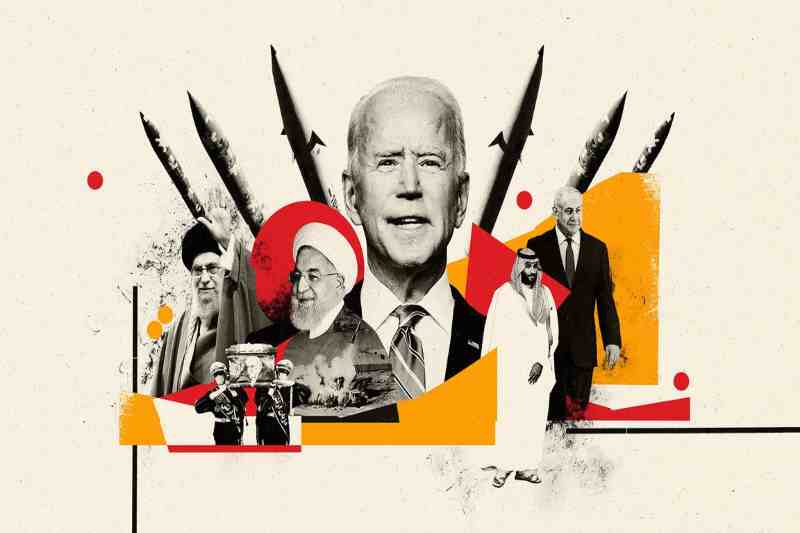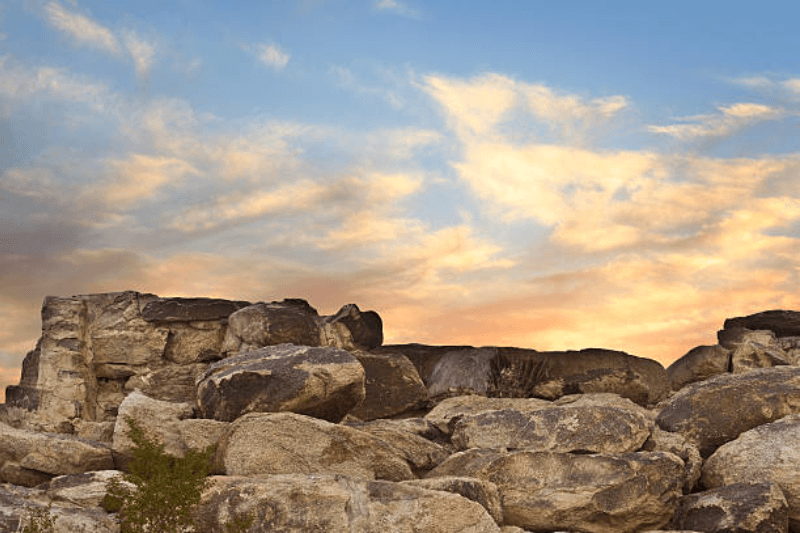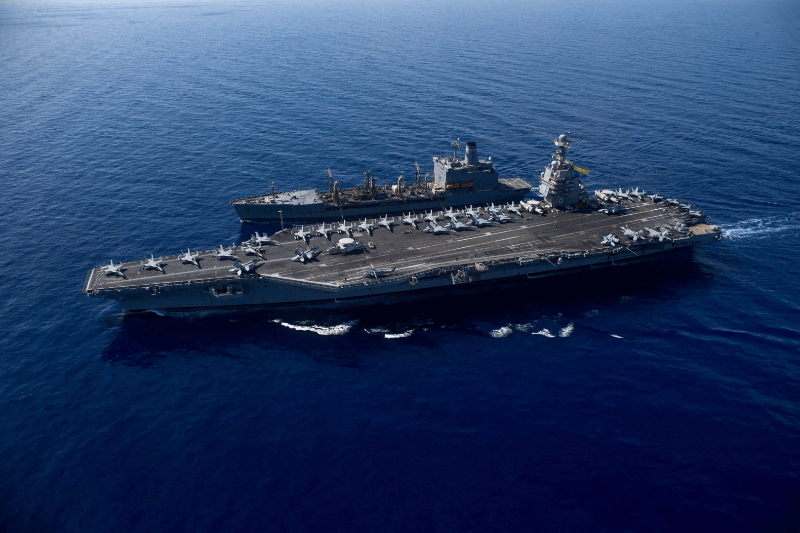
With ‘tyrant’ Trump’s exit and Biden bringing hopes of Obama-era return, are Iran’s nuclear facilities safe from attack?
With the exit of ‘tyrant’ Trump, as called by Iran’s President Hassan Rouhani, Tehran is taking a big but careful sigh of relief. Rouhani has called on the incoming president of the United States of America, Joe Biden, to return to JCPOA, the 2015 nuclear deal formulated under former US President Barack Obama.
In a televised cabinet meeting aired on Wednesday, Rouhani said, “the ball was in the US court now.”
Rouhani added, “If Washington returns to Iran’s 2015 nuclear deal, we will also fully respect our commitments under the pact. A tyrant’s era came to an end and today is the final day of his ominous reign.”
The outlook of Trump towards Tehran is no secret. Trump withdrew US from the JCPOA (Joint Comprehensive Plan of Action) on May 8, 2018. This was followed by series of sanctions slapped on Tehran, crippling it economically. In fact, many in the Gulf region anticipated that Donald Trump might act on his earlier plan of launching military strike on Iran’s nuclear plants, during the last days of his presidency. At one point in November, Trump was reportedly talked out by his advisers from launching a military strike on Iran to create “maximum pressure”.
But incoming president Joe Biden has made his intensions of rejoining the nuclear deal pretty clear, provided Tehran assures of complete compliance and following of the deal pacts. This would mean reversal of sanctions and economic support to Tehran.
But does this mean that now Iran’s nuclear facilities are safe from any attack? Definitely no!
Iran is concerned over its ambitious plans of creating ballistic missiles arsenal as well as civilian nuclear activities. Israel, the hard-core enemy of the Islamic Republic, sees Iran’s nuclear programme a threat to its existence and has repeatedly urged global leaders to take action against Tehran. In response, Iran has maintained that its nuclear programme is for peaceful purposes. But its recent uranium enrichment boost has set up red flags.
Iran is a tough target to track – geographically, accessibility, and strategic location of its nuclear plants. It is a high possibility that over the years Iran has made its underground nuclear facilities practically impenetrable. But experts suggest that its not impossible.
An expert on arms control, and associate fellow at International Institute for Strategic Studies (IISS), Mark Fitzpatrick says, “Iran’s facilities are not impregnable. The one at Natanz is vulnerable to precise bunker-busting bombing, maybe taking two precise hits: one to dig a crater and the other to burst through it or at least to shake the delicate machines enough to put them out of commission.”
Assassination of Mohsen Fakhrizadeh, godfather of Iran’s nuclear programme, by US, is enough to dent ego and development of its nuclear programme. Furthermore, Israel’s Mossad intelligence agency has been active in Iran and has been carrying out operations to impact and neutralize its nuclear programme.
As long as Iran is under suspicion of carrying out secret development of nuclear warheads, there will always be a possibility of it being under attack.




